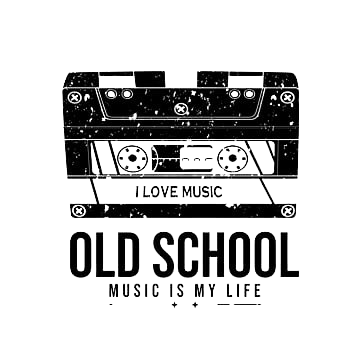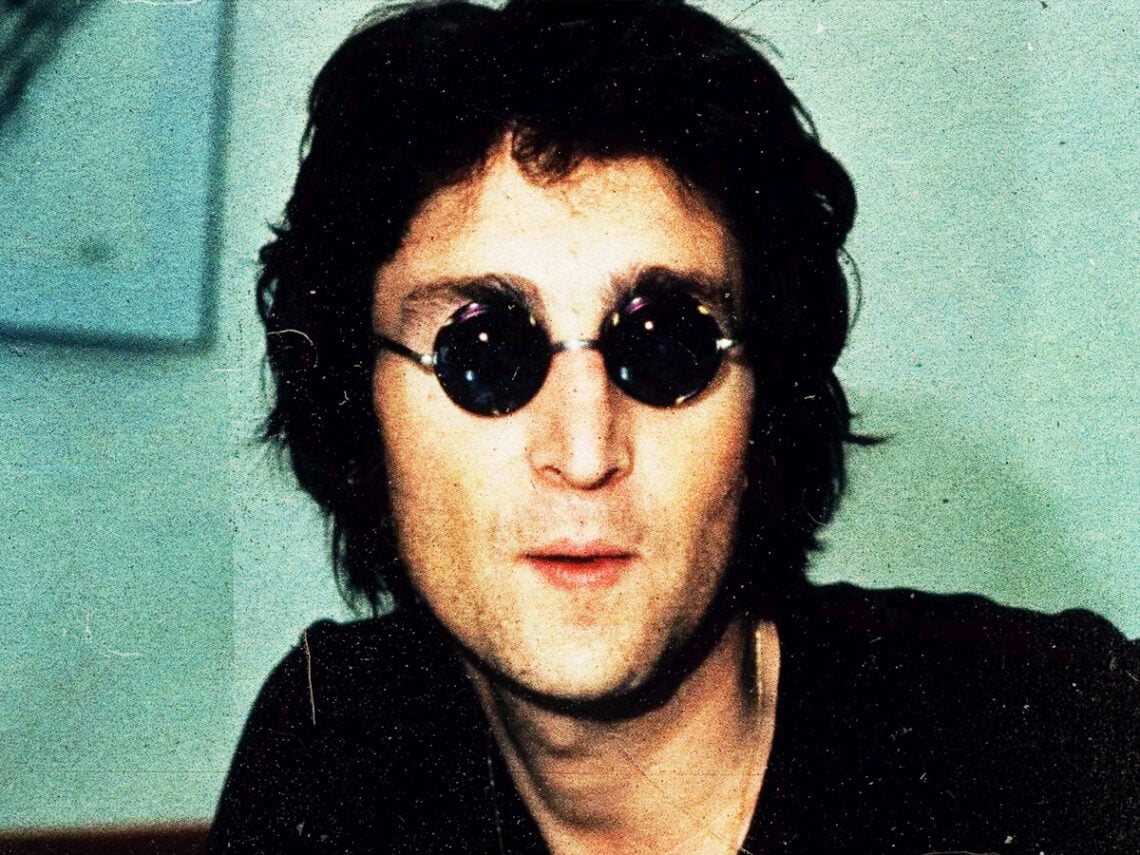Although The Beatles became world famous for courting rhythm and blues concoctions in the early 1960s, their immortal legacy was sealed by more abstract and pioneering material later in the decade. Paul McCartney was more commonly associated with soaring ballads and colourful narratives, while John Lennon found his footing in avant-garde wordplay and composition, often riddled with bizarre humour or poignance.
When The Beatles finally parted ways in April 1970, its members had already made significant moves in their respective solo endeavours. For Lennon, this involved examining his childhood demons through primal scream therapy with experimental psychologist Arthur Janov.
This creative aggression was most apparent in the 1970 album John Lennon/Plastic Ono Band, but traces were found in earlier compositions like ‘Yer Blues’ (especially the Dirty Mac version) and ‘Revolution’. Because of such compositions, The Beatles, and Lennon in particular, are considered a central influence on the heavy rock and metal genres that took off in the early 1970s.
In the immediate post-Beatles era, The Who, Led Zeppelin, and The Rolling Stones fought to usurp the British rock throne. Led Zeppelin constituted the heavier end of this competitive spectrum and is regarded as one of the “Unholy Trinity” of British hard rock alongside Black Sabbath and Deep Purple.
With no official throne to usurp, the winner of this imaginary post-Beatles arms race was never determined. However, if Lennon were to pick the heir to The Beatles in 1970, he most likely would have picked Led Zeppelin. At the time, the band had only been around for a couple of years, but they were no beginners, as Jimmy Page’s carefully assembled reincarnation of The Yardbirds.
Lennon applauded Led Zeppelin in an interview with Hit Parader shortly after the band’s rise to prominence in 1969. “You know, I just think it’s either something I like or don’t like, or it’s heavy or it’s light,” he said. “I like heavy music — I call it rock. I like Led Zeppelin.”
The Beatle added: “I don’t really know much of what they’re about. But one thing’s for sure, Jimmy Page is a bloody good guitarist.”

